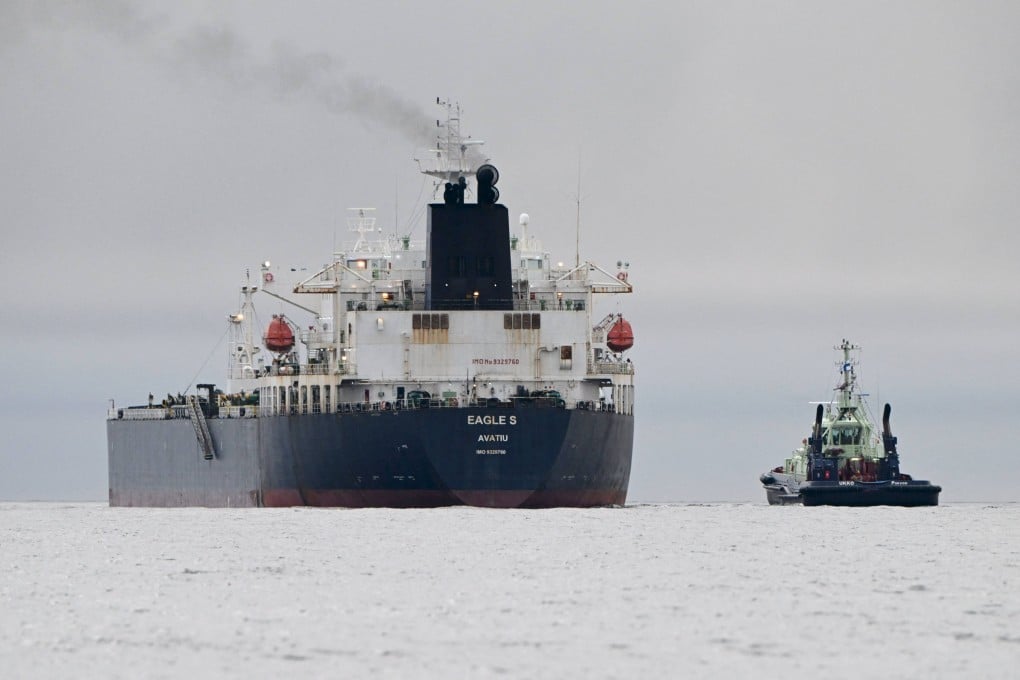US rejects G7 plan to tackle Russia’s shadow oil tanker fleet, prioritising China focus
Washington pushes to strengthen language around Beijing while watering down wording on Moscow in a draft statement prepared by Canada

The US has rejected a Canadian proposal to establish a task force that would tackle Russia’s so-called shadow fleet of oil tankers, as the Trump administration re-evaluates its positions across multilateral organisations, according to people familiar with the matter.
Canada, which holds this year’s revolving G7 presidency, will host a summit of foreign ministers in Charlevoix, Québec, next week. In negotiations to formulate a joint statement on maritime issues, the US is pushing to strengthen language around China while watering down wording on Russia, said the people, who asked not to be identified discussing sensitive matters that aren’t public.
The term “shadow fleet” is used to refer to ageing oil tankers concealed to overcome Western sanctions imposed on Moscow since it launched a full-scale invasion of Ukraine in 2022.
As well as vetoing Canada’s proposal to establish a task force to monitor for sanction breaches, the draft G7 statement shows the US pushed to remove the word “sanctions,” as well as wording citing Russia’s “ability to maintain its war” in Ukraine by replacing it with “earn revenue”.
G7 communiques are not final until they are published through consensus, and negotiations could still yield significant changes before or during the summit.